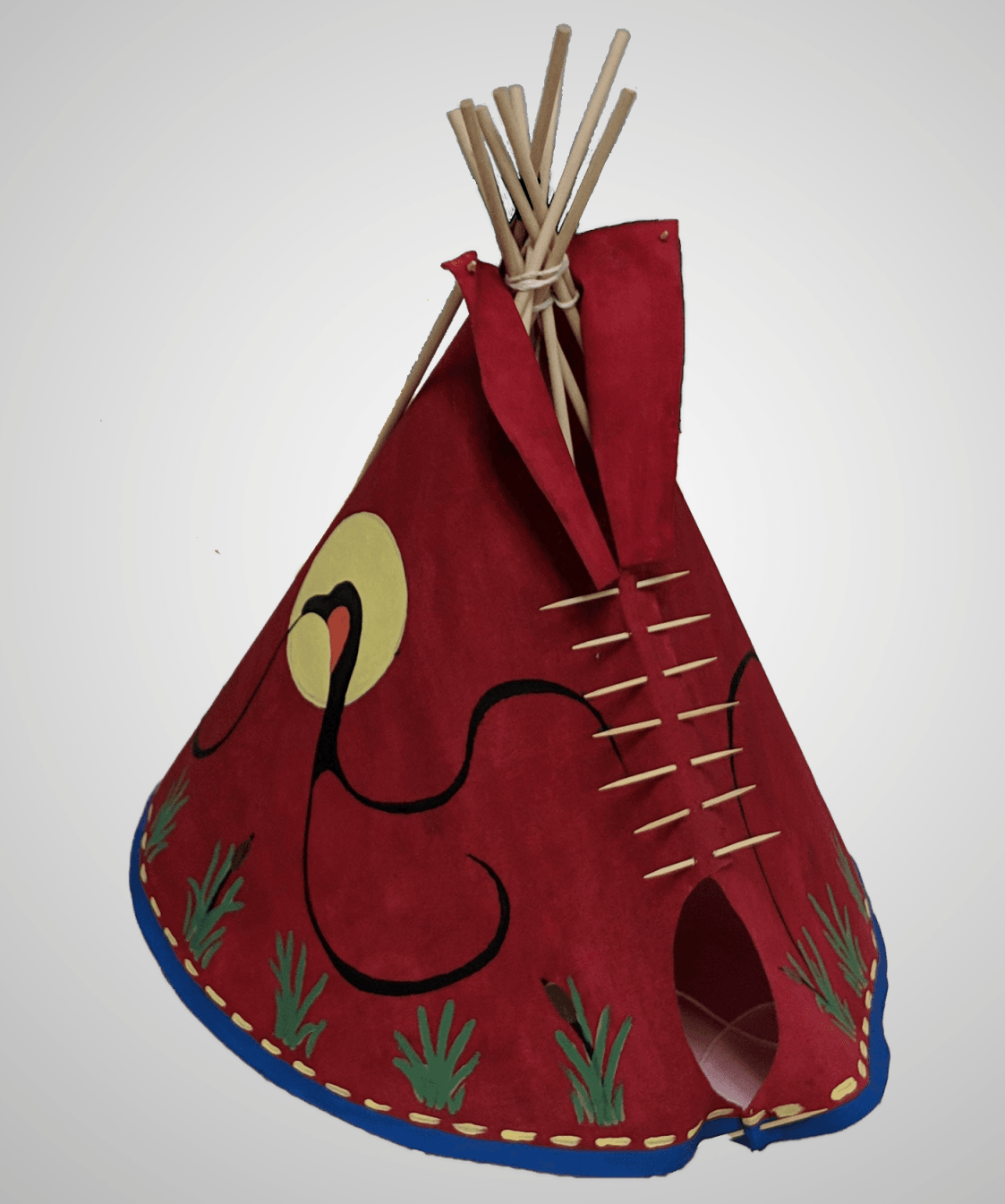Photo:
Golden Eagle Feathers image by Peter Kaminski from San Francisco, California, USA, CC BY 2.0 via Wikimedia Commons
There is much discussion about potential ownership stakes in major pipeline projects like Transmountain. As a First Nations pipeline and oil and gas engineer and technologist, I am often asked for my perspective on it. While I do not speak for all First Nations, Métis and Inuit peoples, or the incredibly diverse perspectives we all have on the matter of pipelines, I would like to share some of my thoughts. I do think that greater ownership of projects by Indigenous businesses, leaders and individuals will enhance the industry as well as provide a greater balance to projects. Indigenous peoples would be more empowered to bring a deep knowledge and understanding of the lands to projects, and deeper project understanding to their Nations, if we have a more meaningful seat at project tables.
In the energy sector, when Indigenous inclusion and engagement is discussed, many people focus on consultation and non-objection or opposition to projects. In the media, and in conversations, Indigenous peoples are often illustrated as a homogeneous voice against development. Thus, the conversation in industry is often, “How do we get past this? How do we get Indigenous peoples on board?”. It can further become a conversation around meaningful engagement and “free prior and informed consent” as referenced in the United Nations Declaration on the Rights of Indigenous Peoples. What is not consistent is the industry’s definition of “meaningful engagement” or “free prior and informed consent”. And often, instead of exploring the reasons behind opposition, we focus on those who are not opposed to prove it is not one-sided. Fundamentally, we often miss the deepest root opportunities to explore an extremely complex issue in our society. This comes down to history, power dynamics and society’s recognition of expertise, knowledge and power.
Indigenous voices in opposition are highlighted because they stand in the way of the status quo, in direct opposition to the way we have always done things. It must be recognized that Indigenous voices in opposition are just as varied in the reasons for opposition as Indigenous peoples are diverse. It also should be acknowledged that the way we have always done things will not meet our needs in the future. Rather than focusing on opposed vs. in favour of pipelines, could we be asking how we can listen and respond to the opposition in a meaningful way? Most of the perspectives I have heard around Indigenous ownership stake in major pipeline projects is focused on the economic benefit and self-determination. If a pipeline project is majority Indigenous owned, the economic benefits would be longer term and go beyond the Impact Benefit Agreements (IBAs) of today. One might argue that an Indigenous-led pipeline project would provide Indigenous peoples with more influence on how the project is executed. This could lead to a greater conversation on sustainability. Dr. Kepa Morgan, a Maori engineer in New Zealand, led the development of an engineering-focused model of evaluating the sustainability of a project he calls the Mauri (Life Force) Model. He worked with Maori knowledge keepers to incorporate cultural values in addition to economic, environmental and social outcomes of a project. His model meaningfully seeks to engage each community in which the project is taking place to capture and create meaningful KPIs (key performance indicators) around the cultural perspectives of that community to evaluate whether the project is having a positive or a negative impact. Is this a model that could be explored in major pipeline projects in Canada?
Not all Indigenous peoples are against pipelines. Those working in this space acknowledge that many Nations have had a long-standing relationship with the energy industry, leading to Indigenous-owned service companies and consultants. That said, the power dynamic is imbalanced. Although many Indigenous communities and people have successfully entered energy industry and seen much success, one might suggest that they are not always at the forefront of decision making within the industry. For example, I am curious how many, if any, of the major pipeline companies have Indigenous peoples in their C-suite or upper management team beyond Indigenous relations, Corporate Social Responsibility, or External Communications roles. In addition, many major projects are engineering focused and led. There is currently a large gap in many organizations between the teams responsible for Indigenous inclusion and engagement and those at the project design table. Of the over 70 000 members of the Association of Petroleum Engineers and Geoscientists of Alberta (APEGA), just over 300 have self-identified as Indigenous. This means that most people making major decisions on pipeline routes, design and construction are non-Indigenous, and most of the Indigenous peoples involved are not in power. How do we ensure that we acknowledge and address this power dynamic to avoid tokenism or the “paper JV” that can sometimes occur when the importance is focused on ownership (>50%) as opposed to influence. In addition, how can we influence those in power to see the value in Indigenous perspectives, input and expertise? Especially since most engineering focused post-secondary curricula does not teach Indigenous engagement, inclusion, history or the rights of Indigenous peoples.
These are only some of the many questions I ask myself as I move forward in the work that I do focused on amplifying Indigenous voices and perspectives in energy and engineering.
Deanna Burgart, Indigeneer™
Dr. Kepa Morgan TedX Talk - https://www.youtube.com/watch?v=X_PddCFRwhA
https://www.un.org/esa/socdev/unpfii/documents/DRIPS_en.pdf


Photo:
Golden Eagle Feathers image by Peter Kaminski from San Francisco, California, USA, CC BY 2.0 via Wikimedia Commons
All Rights Reserved | IndigeSTEAM Society | Website Created by CCC